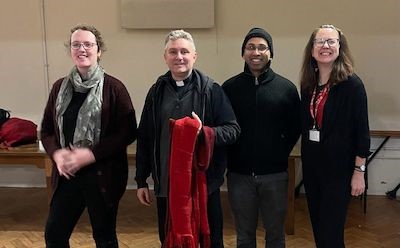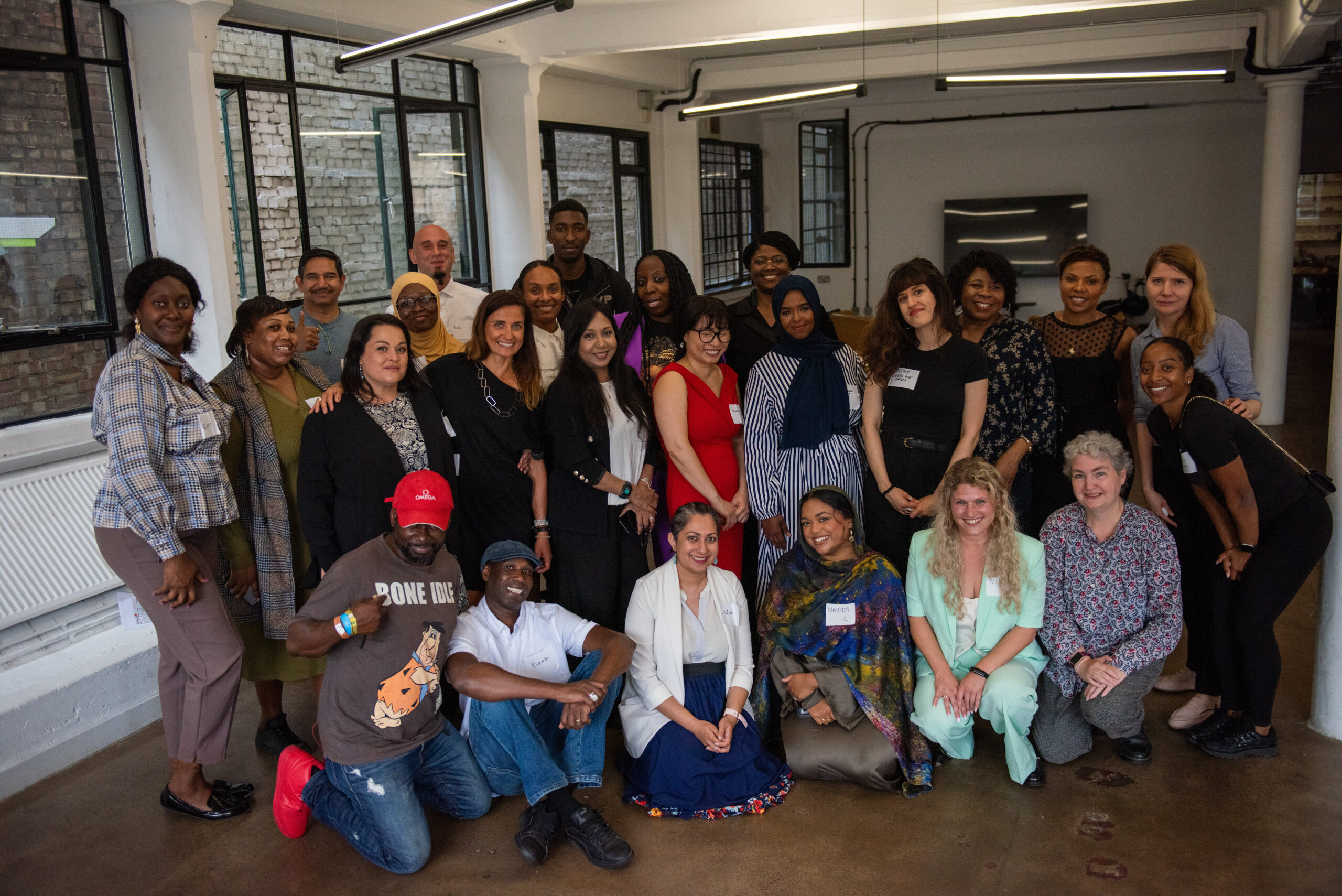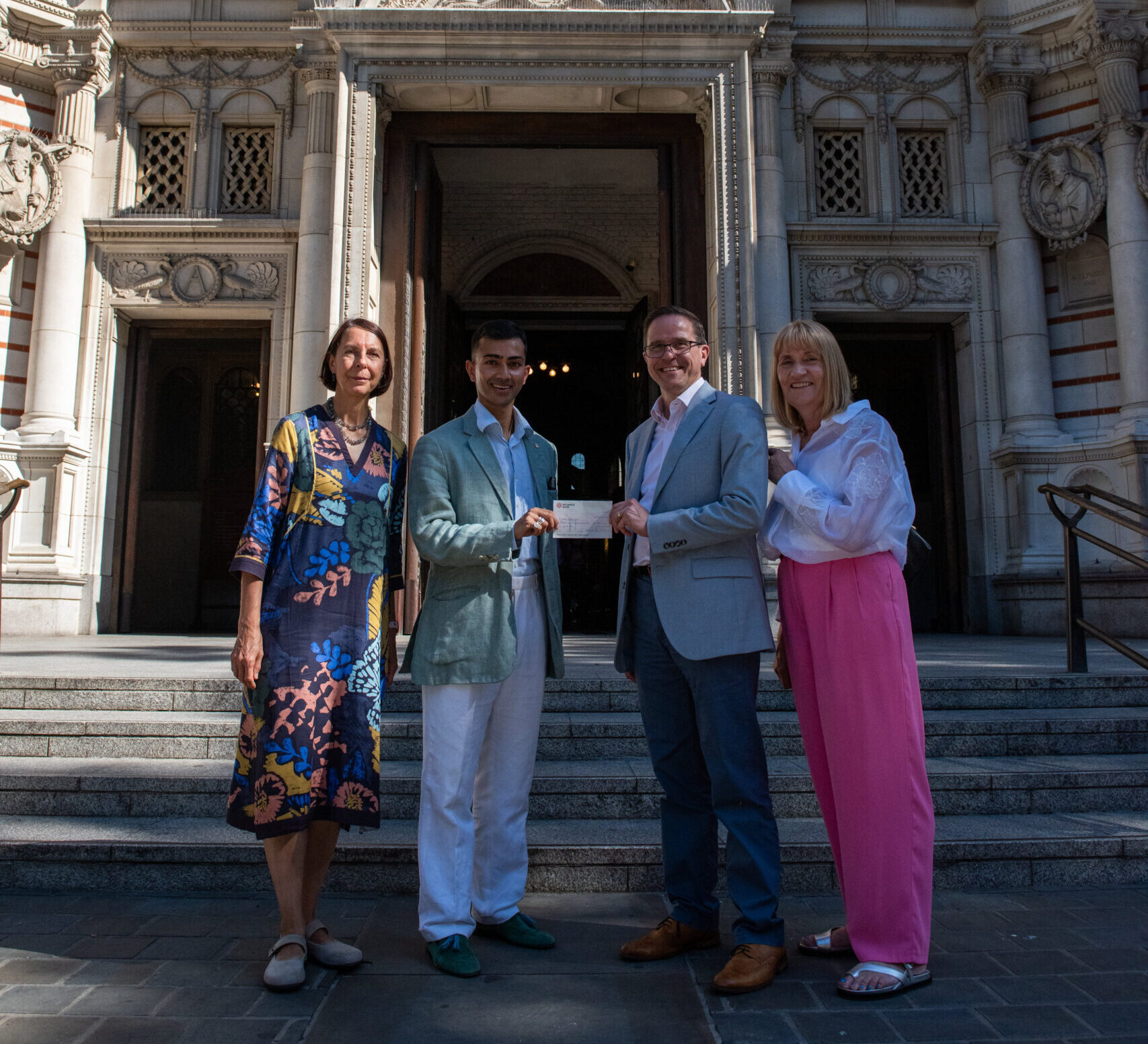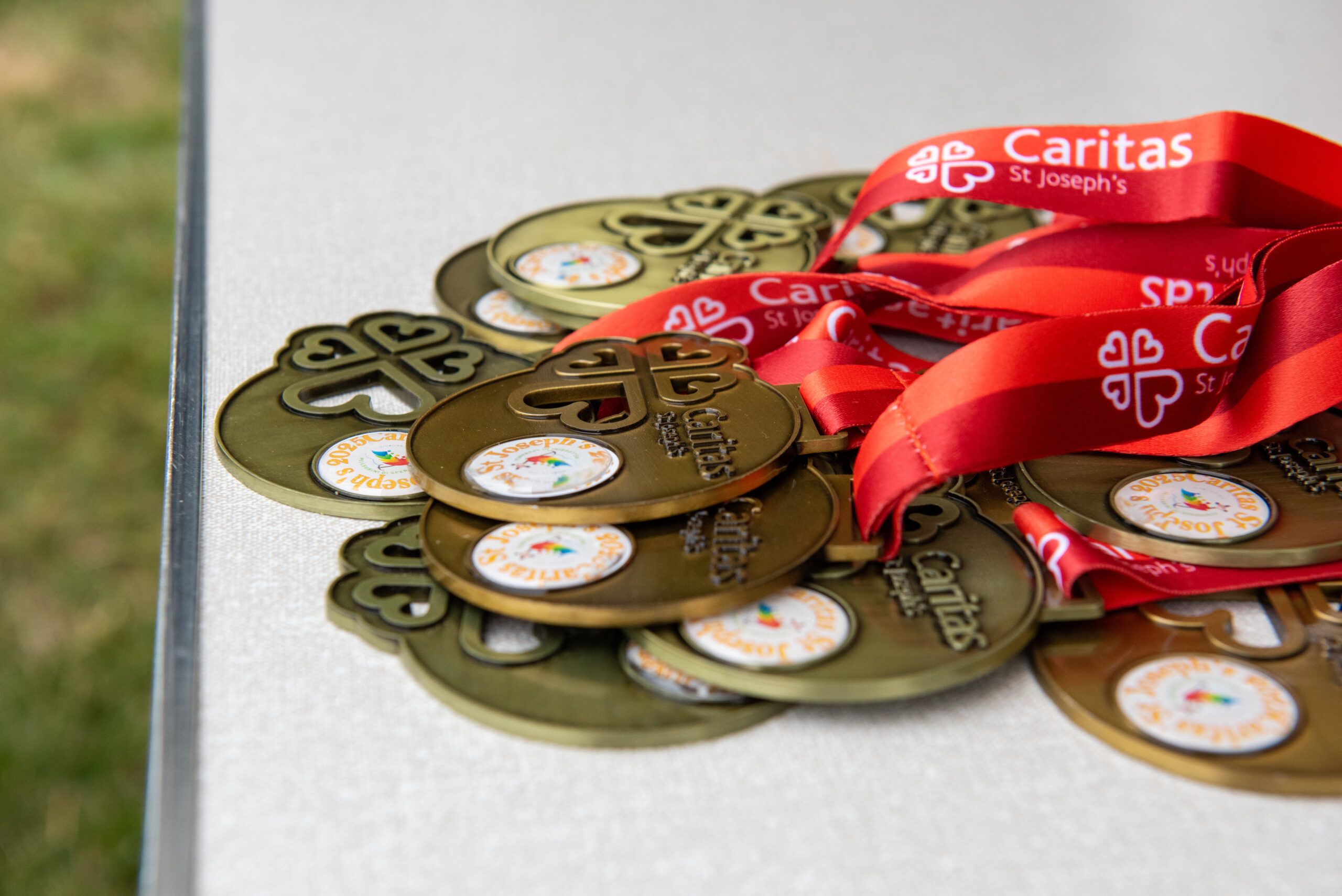On Friday 9th December, early in the morning, the Caritas Westminster project lead for Homelessness, Liz Wills, received a phone call from Westminster City Council.
On the one hand, this call was not unexpected. Freezing weather had been forecast and the Severe Weather Emergency Protocol (SWEP) had been put in place. This protocol obliges councils to provide accommodation to anyone who is sleeping rough on the streets.
But Liz was surprised when she was asked to organise an emergency night shelter. Caritas Westminster had supported a number of communal night shelters until the Covid Pandemic struck. Since then the rules from Public Health England on communal sleeping have been extremely strict, and councils are instead using hostels and hotels to house people during severe weather.
The night shelter Caritas Westminster was asked to set up, was to be used only by people from the Roma community. The cultural and family bonds of this community are so strong that, they would often continue sleeping on the streets, not wanting to be separated and put in different accommodation. They would only agree to come indoors if they could stay together. In addition, this group suffer from discrimination and prejudiced attitudes from other people who might be housed in hostels or hotels alongside them, making them reluctant to go inside.

parishioner which were given to the Roma people.
Over the next three days, Liz worked with clergy and volunteers from Westminster Cathedral and the Church of the Immaculate Conception in Farm Street to get enough volunteers ready to run the shelter. Colleagues from Caritas Westminster also supported by doing shifts managing the volunteers.
She contacted St Mungo’s charity and the Roma Support Group who agreed to send support workers and interpreters as well as Romanian cooks who would be able to provide culturally appropriate hot food each night.
Sleeping bags and other essentials were purchased and the beds were set up. The emergency night shelter opened on Tuesday 13th December, and ten to fifteen adults of all ages, from the Roma community, were given warm beds and food for the next eight nights.
The risks to people sleeping rough during extreme cold weather are well known. The work done by Liz and the team, in response to the call from Westminster council, show that alternative solutions can be found to ensure that all people, regardless of their background or cultural heritage, can be found a safe place to stay.




